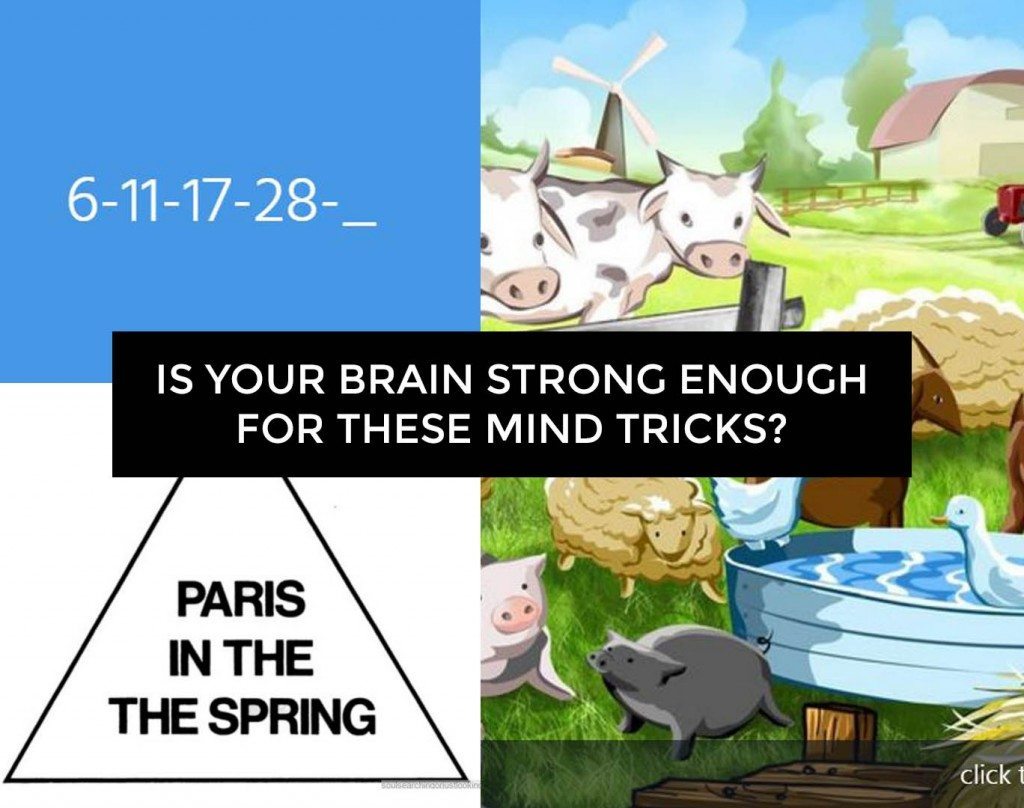IN BRIEF: In this post, we look into what LAUGHTER is, in a scientific way. Upon how our brains work and process laughter, and what really makes all of us laugh. You get to read why laughing is important and its effects on your inner health and your overall outlook on life.
There are two types of people. First, who really laugh out loud on jokes and second who keep the same indifferent expressions after hearing any joke.
But the brain of both type functions the same way. So what exactly happens when someone tells you a joke? You might say we laugh or we do not laugh. Easy question! But it is not.
Our brain carries out a numerous number of activities to get you to respond to jokes. So before you giggle or remain indifferent your brain has already processed thousands of tasks of making you laugh.
Here’s how brain functions when you hear a joke
- The left side of the cortex (the layer of cells that covers the entire surface of the forebrain) analyses the words and structure of the joke
- The brain’s large frontal lobe, which is involved in social emotional responses, becomes very active
- The right hemisphere of the cortex carries out the intellectual analysis required to “get” the joke
- Brainwave activity then spreads to the sensory processing area of the occipital lobe (the area on the back of the head that contains the cells that process visual signals)
- Stimulation of the motor sections evokes physical responses to the joke
As per one theory called “Incongruity theory” humour arises when logic and familiarity are replaced by things that don’t normally go together. A joke becomes funny when we expect one outcome and another happens. When a joke begins, our minds and bodies are already anticipating what’s going to happen and how it’s going to end. That anticipation takes the form of logical thought intertwined with emotion and is influenced by our past experiences and our thought processes. When the joke goes in an unexpected direction, our thoughts and emotions suddenly have to switch gears. We now have new emotions, backing up a different line of thought. In other words, we experience two sets of incompatible thoughts and emotions simultaneously. We experience this incongruity between the different parts of the joke as humorous. Now you can guess why you don’t laugh when you tickle yourself?
Now that we know HOW we laugh, let’s see a video about WHY we laugh



